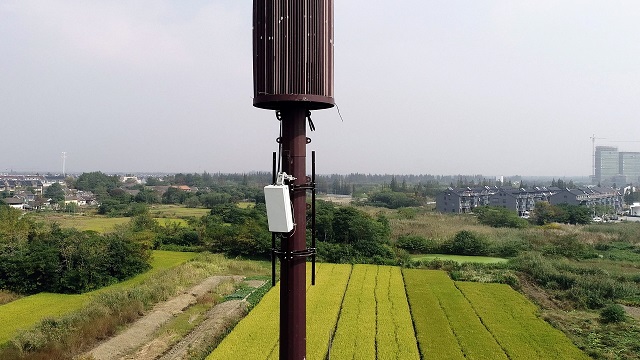A federal appeals court has upheld a 2018 decision by the Federal Communications Commission (FCC) to cap fees for wireless carriers to deploy small cells which are essential for the adoption of 5G networks.

The 9th U.S. Circuit Court of Appeals in San Francisco on Wednesday largely upheld the three orders the FCC adopted in 2018 to speed 5G deployments, despite objections from dozens of U.S. cities.
The decision is a win for wireless carriers like Verizon Communications, AT&T, and T-Mobile US. AT&T said in 2018 that excessive fees sought by Portland, Oregon, were preventing it from deploying 5G small cells in the city.
FCC Chairman Ajit Pai called the ruling a “major victory” for the commission “and for American consumers.”
FCC commissioners have said the United States over a decade will need to install as many 800,000 small cells for 5G networks. The FCC has said some 5G services will provide data speeds 100 times faster than current service and almost instantaneous response time. 5G networks could eventually lead to capabilities such as remote surgical procedures, Reuters reported.
The 2018 FCC orders limited local governments’ ability to regulate telecom providers and prevented owners and operators of utility poles from discriminatorily denying or delaying 5G and broadband service providers access to poles.
The appeals court upheld the orders, except in reference to a provision dealing with local governments’ authority on aesthetic regulations.
The three judges on the panel agreed on nearly all aspects of the opinion, but Judge Daniel Bress dissented in part, saying the FCC did not adequately explain its rationale on fee limitations, which it capped unless fees “reasonably approximate a locality’s costs.”
